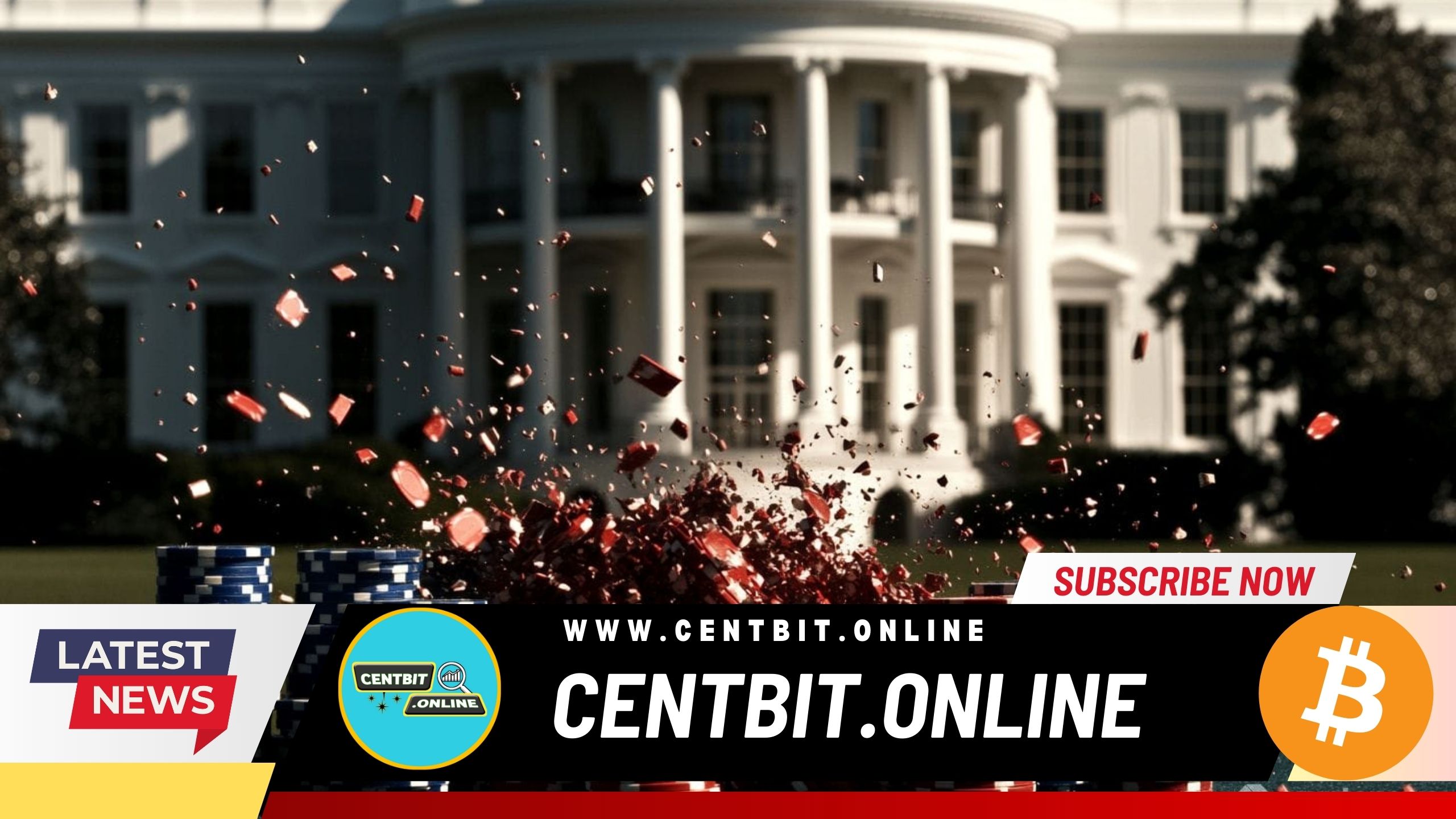As Polymarket’s US presidential election market volume approaches $1 billion, concerns are mounting over the potential impact of a disputed election result on the platform. Given the current fractured political environment, exacerbated by recent assassination attempts on former President Donald Trump, the likelihood of a contested election result is high.
Polymarket’s Rules for Resolving Markets
Polymarket operates on clear rules for resolving its election markets. For example, the current market on Kamala Harris states: “This market will resolve to ‘Yes’ if Kamala Harris wins the 2024 US Presidential Election. Otherwise, it will resolve to ‘No.’” The outcome is based on calls from three major news sources—Associated Press, Fox News, and NBC—or on who is inaugurated if no consensus is reached by January 20, 2025. However, the contentious political climate increases the odds of delayed or disputed results.
The Role of UMA’s Optimistic Oracle (OO)
At the core of Polymarket is the UMA Optimistic Oracle (OO), which is tasked with resolving outcomes. UMA’s system incentivizes honesty by rewarding accurate predictions, but concerns are rising over the system’s potential vulnerabilities. With Polymarket handling $920 million in election bets and UMA’s market capitalization at just $180 million, some fear the OO could be susceptible to manipulation by bad actors. The decentralized nature of UMA relies on token holders to resolve disputes through a voting system, but in a contentious election, those disputes could be significant.
Potential Manipulation and Market Risks
In the event of a dispute, UMA token holders vote on the outcome. While this system is designed to ensure fairness, a large-scale manipulation by wealthy political backers could pose a threat. For instance, a billionaire backing a specific candidate could buy up UMA tokens to sway the vote. Rumors have circulated that Trump ally Peter Thiel may have invested in Polymarket to influence outcomes, though no concrete evidence supports this claim. Still, the possibility of market manipulation cannot be entirely dismissed.
The Risk of a 51% Attack on UMA
While UMA’s token distribution suggests that a 51% attack is unlikely, with more than 51% of tokens held by just two addresses, the system’s centralization could pose another issue. If key token holders were influenced by political motives or financial incentives, the decentralized system’s integrity might be at risk. Though such an attack would likely harm the value of the UMA token itself, it could still have profound consequences on Polymarket’s credibility.
Polymarket Competitors and Regulatory Pressures
While Polymarket has emerged as a leading platform for political betting, its future is far from secure. Competitors like Betfair and Instant Casino offer safer, regulated environments for bettors. Moreover, Polymarket continues to face regulatory pressure, including a recent $1.4 million settlement with the Commodity Futures Trading Commission (CFTC) and ongoing threats of enforcement actions. Should Polymarket be forced to shut down, its competitors may benefit from its absence.
Conclusion: A Shaky Future
Polymarket and UMA’s decentralized systems are built on trust, but that trust could be tested in the face of a disputed US presidential election. While the platforms have performed well so far, the combination of political uncertainty, potential manipulation, and regulatory challenges could lead to significant disruptions—or even collapse. The future of these platforms hangs in the balance.
Website: CentBit.Online – Crypto & Blockchain Expert Bangladesh. & Top SEO Include



